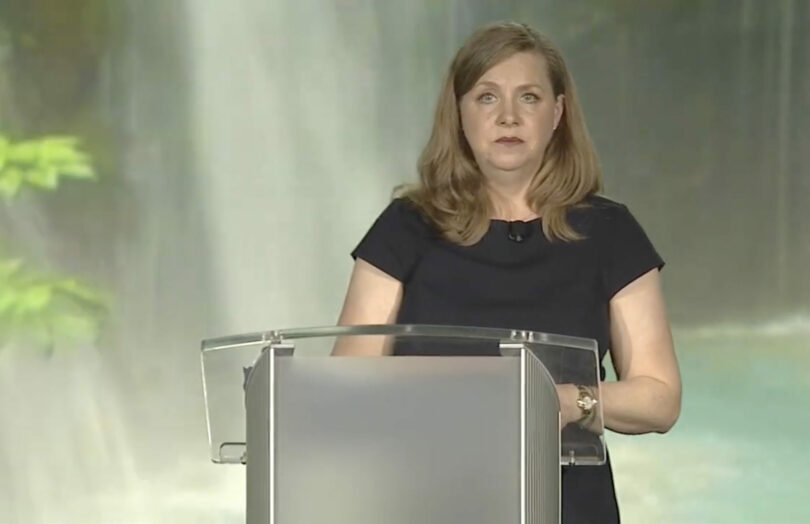Yesterday both the Federal Deposit Insurance Corporation (FDIC) and Federal Reserve Governor Bowman made statements that were supportive of cryptocurrencies and/or DLT.
New acting FDIC Chair, Travis Hill, released a raft of letters that disclose the regulator’s past attempts to shut down banks from participating in cryptocurrency activities during the Biden administration. The letters were in response to litigation by Coinbase aiming to address the de-banking of the industry. There was also a Senate hearing on the topic yesterday.
Mr Hill, a Republican, noted the letters show bank requests to engage in crypto or blockchain activities were “almost universally met with resistance.”
The Acting Chair vowed to reevaluate a standing letter to institutions that requires each of these activities to get clearance first. He said the FDIC now wants to provide a “pathway for institutions to engage in crypto- and blockchain-related activities while still adhering to safety and soundness principles.”
Federal Reserve Governor Bowman’s positive comments
During a wide-ranging speech yesterday, Federal Reserve Governor Bowman touched on some of the same topics, although perhaps in a more low key manner.
She said that bank regulatory policy should “not be used to limit or exclude access to banking services for legitimate customers and businesses in a way that is meant to further unrelated policy goals, sometimes referred to as ‘de-banking’ or bank ‘de-risking'”.
On the topic of innovation, regulators tend towards a “more is better” approach to regulation. The governor observed that this path creates a:
“lack of transparency and the perception (perhaps a reality?) that regulators have been overly hostile to innovation, including banks involvement in any capacity with digital assets.”
She continued, “We must prioritize understanding the risks and benefits of new technologies before developing a supervisory posture, especially when applying rules and using the ‘soft’ power of supervision to discourage its use.”
She called for “reasonable and supportive” approaches, otherwise regulators will stifle innovation which will reduce the utility of banking.
Innovation has already been stifled
Today we learned that the USDF Consortium of community banks couldn’t wait for a more supportive approach. While JP Morgan has been allowed to take some steps with DLT, if community banks are to keep up, they need to spread the cost via a consortium. The USDF consortium wanted to adopt an innovative DLT-based approach to interbank payments, and unveiled its plans a couple of years before FedNow launched.
Even with FedNow, there were several advantages to smart contract-based payments. However, the FDIC repeatedly blocked participating banks. The private sector does not have unlimited funds. After banging their heads on the wall for three years, they recently gave up.






